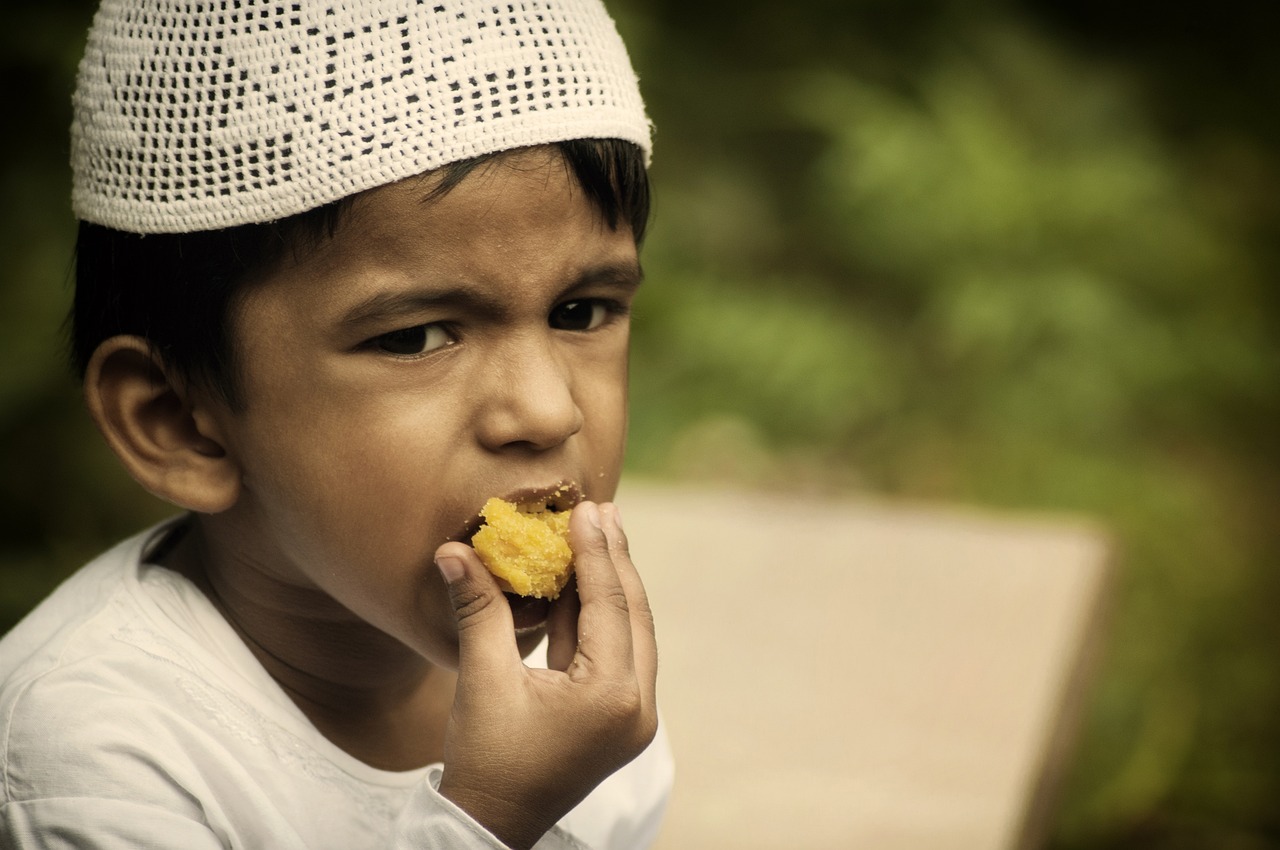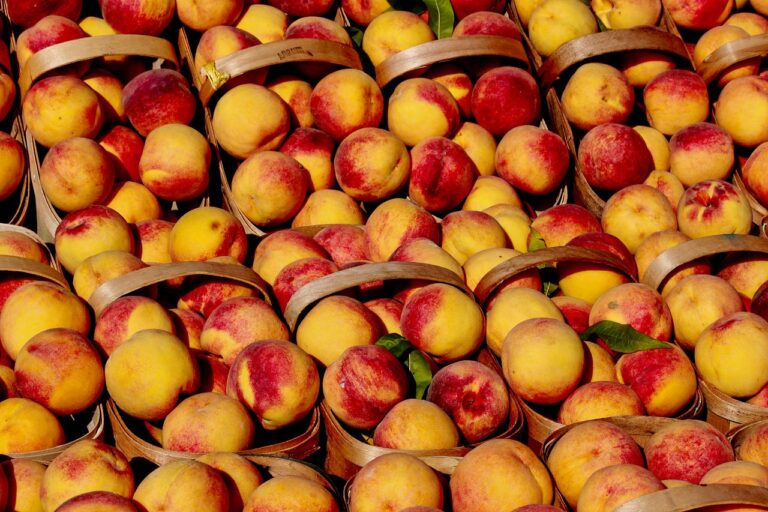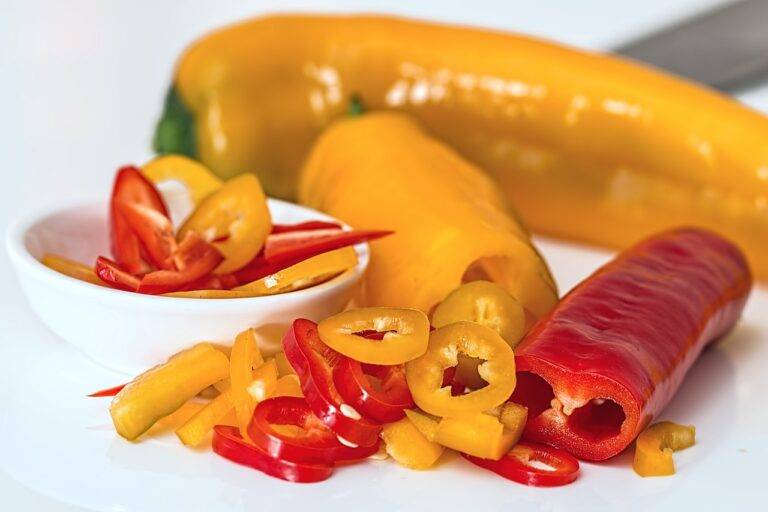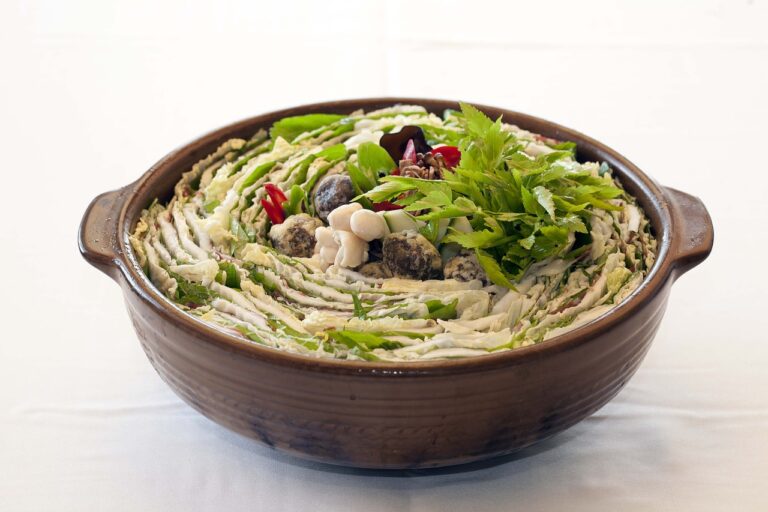The Cultural Significance of Food in Wedding Traditions and Celebrations across Cultures
Food plays a central role in celebrations and ceremonies across cultures, serving as a universal language that brings people together in joyous occasions. When it comes to weddings, the significance of food takes on a special meaning as it reflects the traditions, values, and beliefs of different cultures. In this article, we will explore the cultural significance of food in wedding traditions and celebrations across various cultures around the world.
Asia
Asia is a vast and diverse continent with a rich tapestry of wedding traditions and culinary practices. In countries like India, China, Japan, and Korea, weddings are elaborate affairs that often last for several days and involve multiple ceremonies, each accompanied by a variety of traditional dishes.
India
In India, weddings are grand celebrations that showcase the country’s rich cultural heritage. One of the key highlights of an Indian wedding is the elaborate feast known as the ‘wedding banquet’ or ‘shaadi ka khana.’ This feast typically includes a variety of dishes from different regions of the country, reflecting the diverse culinary traditions of India.
China
In China, weddings are steeped in tradition and symbolism, with food playing a significant role in the festivities. One popular tradition is the ‘tea ceremony,’ where the bride and groom serve tea to their elders as a sign of respect and gratitude. In addition, a traditional Chinese wedding banquet typically includes dishes symbolizing happiness, prosperity, and fertility.
Africa
Africa is a continent with a rich and diverse culinary heritage, and weddings are no exception when it comes to showcasing the region’s vibrant food culture. In countries like Nigeria, Ethiopia, and South Africa, weddings are colorful and festive affairs that feature an array of traditional dishes.
Nigeria
In Nigeria, weddings are elaborate events that bring together family and friends to celebrate the union of two individuals. A key feature of a Nigerian wedding is the ‘traditional engagement ceremony,’ where the groom’s family presents gifts to the bride’s family in exchange for her hand in marriage. This ceremony is followed by a lavish feast featuring dishes such as jollof rice, fried plantains, and assorted meats.
South Africa
In South Africa, weddings are a blend of traditional and modern customs, with food playing a central role in the celebrations. A popular tradition is the ‘umabo,’ where the bride’s family prepares a feast for the groom’s family as a way of welcoming them into the fold. This feast often includes dishes such as pap (maize meal), chakalaka (spicy vegetable relish), and braaied (barbecued) meats.
Europe
Europe is a diverse continent with a rich tapestry of culinary traditions, and weddings are no exception when it comes to showcasing the region’s vibrant food culture. In countries like Italy, France, Spain, and Greece, weddings are festive affairs that feature an array of traditional dishes.
Italy
In Italy, weddings are celebrated with gusto and often involve multiple days of festivities. One of the highlights of an Italian wedding is the ‘reception dinner,’ where guests are treated to a sumptuous feast of antipasti, pasta, seafood, and meat dishes. Italian weddings are also known for their decadent desserts, such as tiramisu, panna cotta, and cannoli.
France
In France, weddings are elegant affairs that showcase the country’s culinary prowess. A traditional French wedding feast often includes dishes such as foie gras, coq au vin, bouillabaisse, and cr譥 brl饮 French weddings are also known for their fine wines and champagne, which are served in abundance to toast the newlyweds.
The Americas
The Americas encompass a diverse range of cultures and traditions, with weddings serving as a melting pot of culinary influences from around the world. In countries like the United States, Mexico, Brazil, and Peru, weddings are joyous occasions that feature a mix of traditional and modern dishes.
United States
In the United States, weddings are diverse and varied, with couples incorporating their own cultural traditions into the celebrations. One popular trend is the ‘food truck wedding,’ where guests are treated to a variety of gourmet dishes from different cuisines. In addition, traditional American wedding fare often includes dishes such as barbecue, fried chicken, macaroni and cheese, and apple pie.
Mexico
In Mexico, weddings are vibrant and colorful affairs that showcase the country’s rich culinary heritage. A key feature of a Mexican wedding is the ‘taco bar,’ where guests can customize their own tacos with a variety of fillings and toppings. In addition, traditional Mexican wedding dishes such as mole, tamales, and chiles en nogada are often served to guests.
Conclusion
Food plays a central role in wedding traditions and celebrations across cultures, serving as a symbolic representation of unity, abundance, and prosperity. Whether it’s a traditional Indian feast, a lavish French banquet, or a casual American food truck wedding, the culinary customs of different cultures offer a glimpse into the rich tapestry of human traditions and values.
FAQs
Q: Why is food important in wedding celebrations?
A: Food serves as a universal language that brings people together in joyous occasions, creating a sense of unity and abundance among guests.
Q: What role does food play in cultural traditions?
A: Food plays a significant role in cultural traditions as it reflects the values, beliefs, and customs of different societies, providing a tangible connection to the past and a source of identity and pride.
Q: How does food reflect the diversity of wedding celebrations?
A: The variety of dishes served at weddings reflects the diverse culinary traditions of different cultures, showcasing a range of flavors, ingredients, and cooking techniques that are unique to each region.







